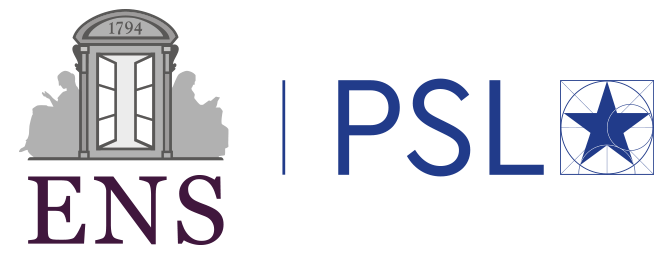Domaines
Statistical physics
Biophysics
Nonequilibrium statistical physics
Physics of living systems
Non-equilibrium Statistical Physics
Type of internship
Théorique, numérique Description
In order to make sense of the outside world, the brain needs to perform unsupervised learning on sensory stimuli to discover structures that can subsequently be recognized as objects or events, but how this is implemented in the brain is still not fully understood. Because it remains very hard to measure synaptic weights and their evolution in biological networks, the interaction of spontaneous and evoked neural activity with ongoing plasticity has received increasing attention in the computational literature. Previous studies have mostly focused on the formation and stability of neural assemblies in response to rate patterns or correlated input spike trains, but the response to arbitrary repeated spatio-temporal input spike patterns has received considerably less attention. Some early studies investigated how neurons can become efficient pattern detectors based on spike-timing dependent plasticity (STDP), but whether the plasticity of recurrent connections can shape the network’s response has not been addressed. Using computational models, we plan to investigate how cortical networks acquire representations of repeated sensory stimuli for different synaptic plasticity rules. We also hope by doing so to shed more light on the phenomenon of ‘representational drift’, that describes the change of network responses to stimuli on long times. Eventually, predictions of our model may be tested on publicly available data sets of large-scale recordings e.g. in mice.
Contact
Jonas Ranft
